Natural plants that keep bugs away
ole_dawg
16 years ago
Related Stories
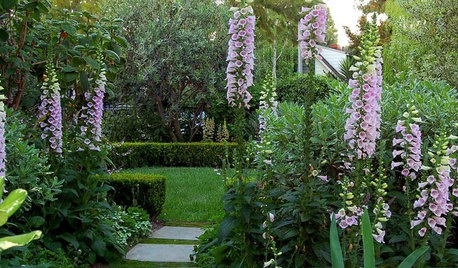
PETSGarden Alert: 22 Plants to Keep Away From Pets
Avoid potential danger by keeping dogs and cats away from these landscaping and houseplant favorites
Full Story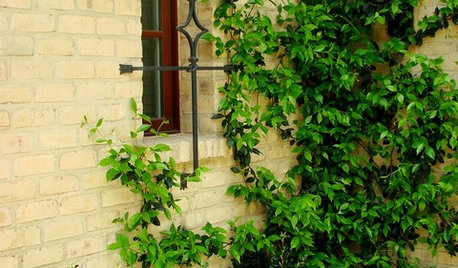
LIFEHow Your Landscaping Can Keep Burglars Away
Prevent home break-ins with strategic landscaping and good practices instead of menacing — and maybe less effective — measures
Full Story
GARDENING AND LANDSCAPINGBreezy and Bug-Free Modern Porches
Screening keeps pests out of these diverse porches across the U.S., while thoughtful designs keep them visually appealing
Full Story
GARDENING AND LANDSCAPINGPorch Life: Banish the Bugs
Don't let insects be the bane of your sweet tea and swing time. These screening and product ideas will help keep bugs at bay on the porch
Full Story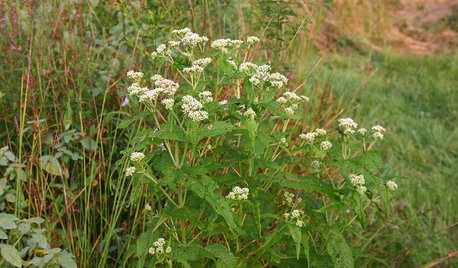
GARDENING GUIDESGreat Design Plant: Common Boneset Helps Good Bugs Thrive
Support bees, moths and butterflies with the nectar of this low-maintenance, versatile and tactile prairie-style plant
Full Story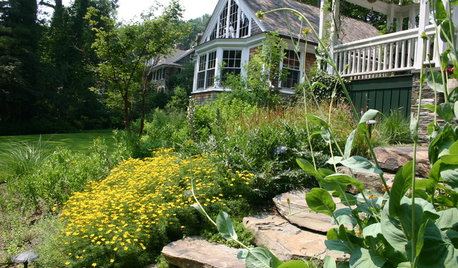
NATIVE PLANTS5 Ways to Keep Your Native Plant Garden Looking Good All Year
It’s all about planning ahead, using sustainable practices and accepting plants as living organisms
Full Story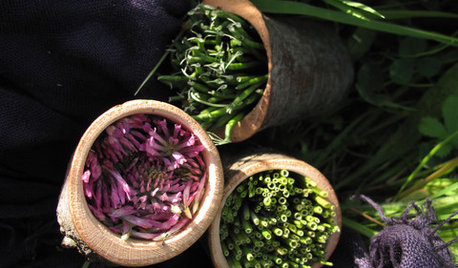
EARTH DAYHow to Help Your Town’s Beneficial Birds and Bugs
Make a habitat using local materials to provide a home to the creatures that help our gardens
Full Story
GARDENING AND LANDSCAPINGBid Bad Garden Bugs Goodbye and Usher In the Good
Give ants their marching orders and send mosquitoes moseying, while creating a garden that draws pollinators and helpful eaters
Full Story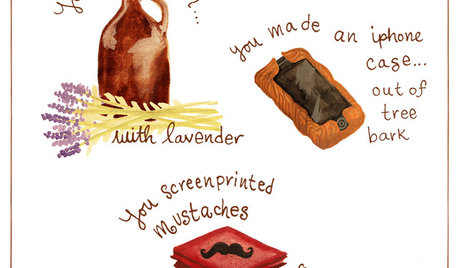
DIY PROJECTS12 Signs You've Caught the DIY Bug
Been making inventive things from scratch? Repurposing salvaged pieces creatively? It may be more serious than you think
Full Story
LANDSCAPE DESIGNGeometric Designs Keep Plants in Line
Structure your landscape with strips and blocks for simplicity and a crisp, contemporary look
Full Story





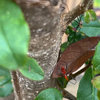

jean001
peter_6
Related Professionals
New Bedford Landscape Architects & Landscape Designers · Aurora Landscape Contractors · Brentwood Landscape Contractors · Hickory Hills Landscape Contractors · New Braunfels Landscape Contractors · Palos Verdes Estates Landscape Contractors · Tehachapi Landscape Contractors · The Villages Landscape Contractors · Waterford Landscape Contractors · Wilsonville Landscape Contractors · York Landscape Contractors · Winter Gardens Landscape Contractors · Asheville Decks, Patios & Outdoor Enclosures · Miami Decks, Patios & Outdoor Enclosures · South Miami Heights Decks, Patios & Outdoor EnclosuresKimmsr
slacker
fuzzy158
jwheeler32
doveinhead1st
riverminty
tobeylilac